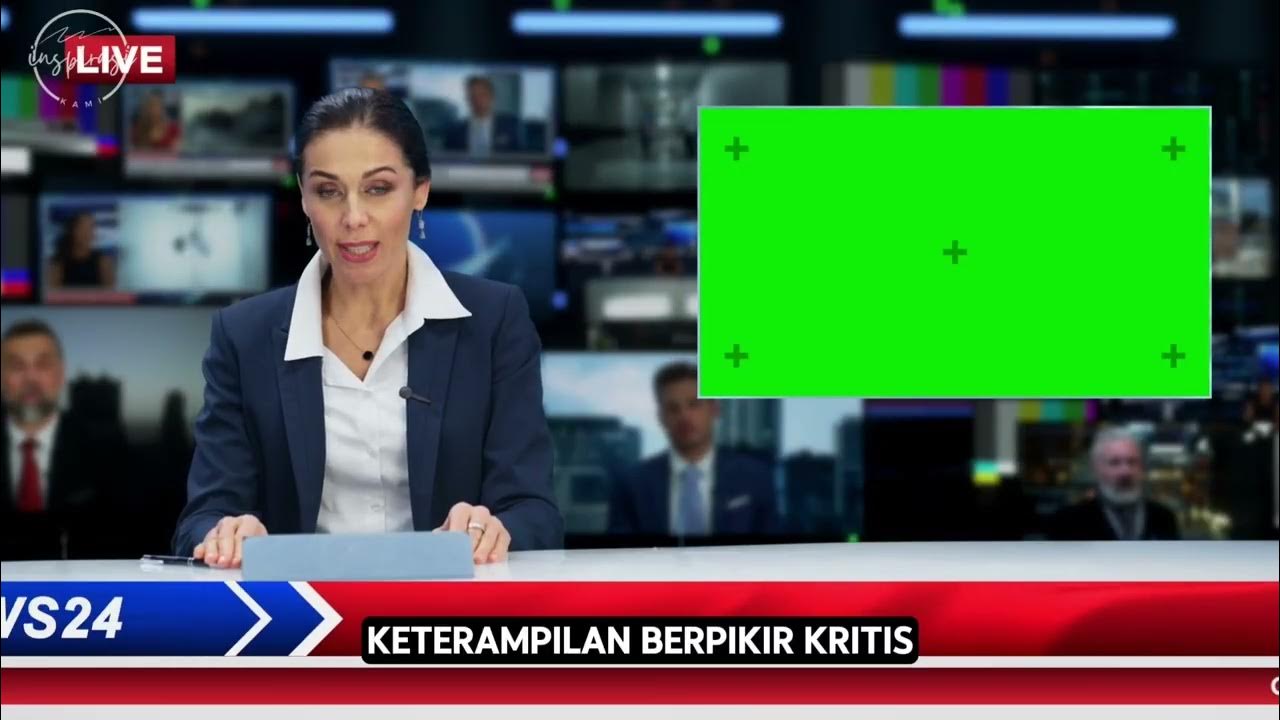How Carl Sagan Beat Pseudoscience (The Sagan Method)
Summary
TLDRIn this video, Drew from Genetically Modified Skeptic discusses the importance of scientific literacy and critical thinking in today's world, emphasizing the need for a shared factual reality amidst widespread misinformation. Drawing on Carl Sagan's toolkit for skeptical thinking, the video explores key principles such as independent verification of facts, avoiding arguments from authority, considering multiple hypotheses, and prioritizing falsifiability. The ultimate goal is to foster a global community that values evidence-based decision-making, while debunking pseudoscience and promoting a more informed, critical approach to understanding the world.
Takeaways
- 😀 Humanity has more access to information than ever, but misinformation spreads faster than truth.
- 😀 A shared knowledge of scientific facts can unite humanity, but we are still divided by differing beliefs and media consumption.
- 😀 The lack of a common understanding of reality makes collective decision-making difficult, especially in crises like pandemics.
- 😀 Carl Sagan's 'bologna detection kit' offers a set of tools for critical thinking to help evaluate claims and ideas.
- 😀 Independent confirmation of facts is crucial to avoid bias and misinformation, especially in controversial topics like homeopathy.
- 😀 Substantive debate, free from fallacies and distractions, is essential for evaluating claims and advancing understanding.
- 😀 Arguments from authority should be scrutinized because even experts can be wrong or biased.
- 😀 Generating multiple hypotheses and testing them systematically is more effective than sticking with the first plausible idea.
- 😀 It's important to avoid being overly attached to a hypothesis, as personal biases can cloud objective judgment.
- 😀 The 'bologna detection kit' includes methods like skepticism, falsifiability, and Occam's razor to arrive at the truth more reliably.
Q & A
What does the speaker initially believe about the increase in access to information?
-The speaker initially believes that increased access to information would lead to surges in scientific literacy and critical thinking skills across the globe, with people learning from high-quality educational content available online.
What is the reality of the situation regarding misinformation, according to the speaker?
-The reality is that while access to information has increased, misinformation has also become more accessible, and it often spreads faster than truth, which undermines the benefits of accessible education.
How does the speaker envision a world united by knowledge?
-The speaker envisions a world united not by cultural customs, government, or religion, but by a shared knowledge of well-attested facts in areas like evolution, psychology, history, and biology, with scientific advancements improving medicine, agriculture, and communication.
What is the impact of not having a shared reality, as discussed by the speaker?
-The lack of a shared reality has led to widespread disagreement, particularly on critical issues such as the existence and impact of a deadly virus, which has prevented collective decision-making for the public good.
What is Carl Sagan's 'bologna detection kit'?
-Carl Sagan's 'bologna detection kit' is a set of tools for skeptical thinking that scientists use to evaluate new claims and ideas. These tools help ensure that a claim is well-supported by evidence before being accepted as true.
Why is it important to have independent confirmation of facts?
-Independent confirmation is important because every source is vulnerable to bias, conflicts of interest, or honest mistakes. Relying on a single source without independent verification can lead to false beliefs.
What does 'substantive debate' look like, and why is it essential?
-Substantive debate involves serious, evidence-based discussion without personal attacks or distractions. It is essential because it helps uncover shortcomings in ideas and allows for a fair evaluation of multiple perspectives.
Why should we not accept arguments from authority?
-We should not accept arguments from authority because even experts or authority figures can make mistakes. Science values skepticism and critical thinking, and every claim must be independently scrutinized, regardless of the source.
What is the significance of not getting attached to a hypothesis?
-Not getting overly attached to a hypothesis is important because it allows for open-minded evaluation. Beliefs should be based on evidence, not personal attachment, to ensure that we are pursuing truth rather than defending preconceived notions.
How does 'Occam's Razor' help in evaluating competing hypotheses?
-Occam's Razor suggests that when faced with two competing hypotheses that explain data equally well, the simpler one—making fewer assumptions—should be preferred. This helps avoid unnecessary complexity and supports the search for the most likely explanation.
Outlines

This section is available to paid users only. Please upgrade to access this part.
Upgrade NowMindmap

This section is available to paid users only. Please upgrade to access this part.
Upgrade NowKeywords

This section is available to paid users only. Please upgrade to access this part.
Upgrade NowHighlights

This section is available to paid users only. Please upgrade to access this part.
Upgrade NowTranscripts

This section is available to paid users only. Please upgrade to access this part.
Upgrade Now5.0 / 5 (0 votes)





